#ko yamori
Text

Source: Call of The Night [2022]
#call of the night#yofukashi no uta#nazuna nanakusa#ko yamori#vampire#pink#fingernails#mood lighting#vibes
39 notes
·
View notes
Text
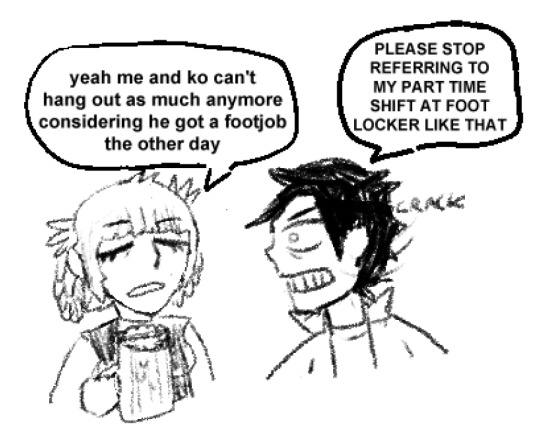
canon dialogue
#call of the night#nazuna nanakusa#nanakusa nazuna#ko yamori#kou yamori#yamori ko#yamori kou#yofukashi no uta#i'm funny sometimes.
38 notes
·
View notes
Text

Call Of The Night
Kotoyama
#call of the night#yofukashi no uta#kotoyama#manga#mangacap#shounen#shonen#romance#comedy#romcom#action#supernatural#vampire#ko yamori#nazuna nanakusa#monochrome
22 notes
·
View notes
Photo
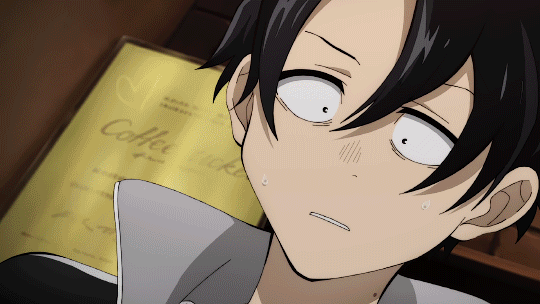
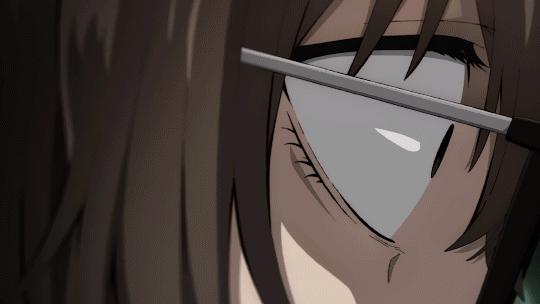
306 notes
·
View notes
Text
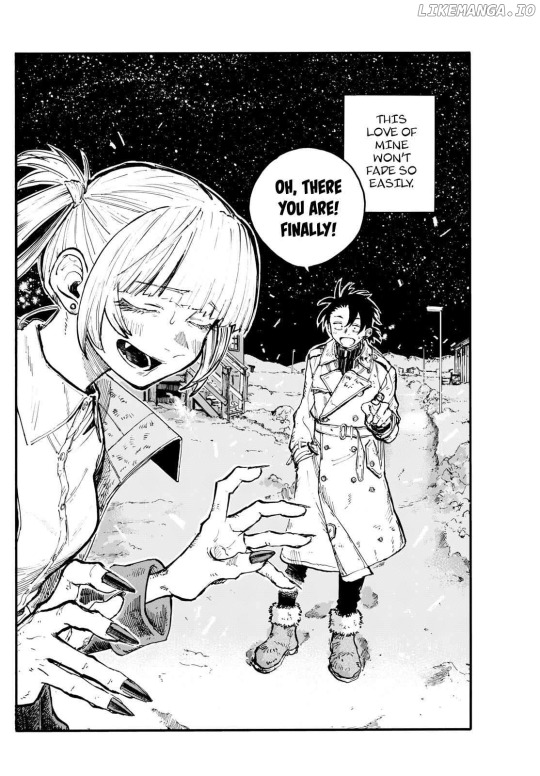



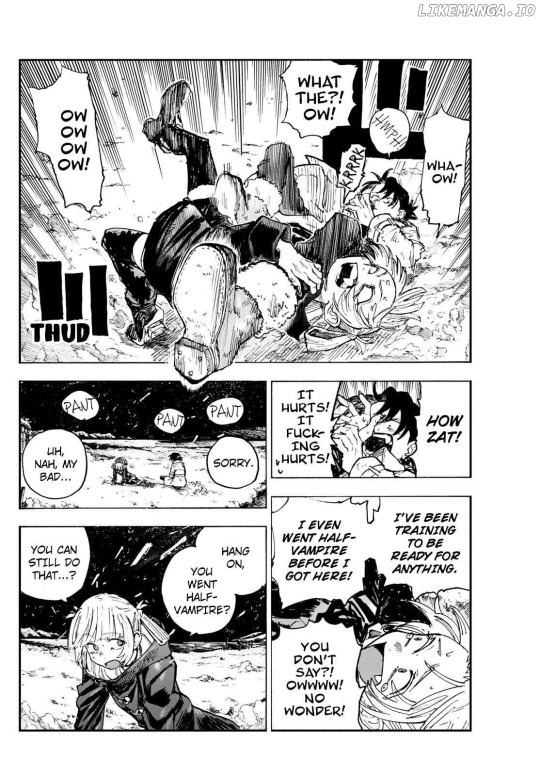

14 notes
·
View notes
Text
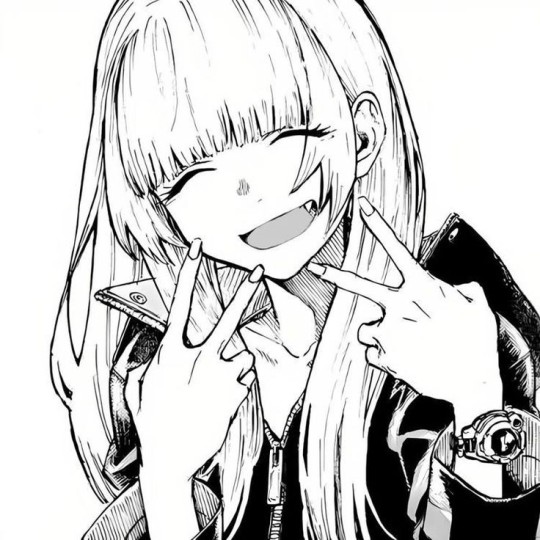




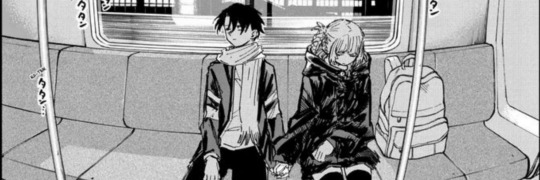
Nazuna Nanakusa Icons and Headers 🦷
#headers by me#call of the night#nazuna nanakusa#nazuna icons#manga icons#anime layouts#anime icons#manga layouts#manga headers#messy headers#layouts#messy moodboard#twitter layouts#yofukashi no uta#yofukashi no uta icons#song of the night#netflix#netflix anime#nazuna nanakusa icons#vampire#vampire manga#ko yamori#nazuna and yamori
10 notes
·
View notes
Text
Call of The Night Volume 13: The Sins of The Mother

Well, here we stand again. In awe of Kotoyama's ability. This started out as a romance manga between a human and a vampire, trying to understand what love is. I mean, that's still sorta the core to it, but it's grown to be so much more, to reach even greater heights, to dive even deeper into what is love? (baby don't hurt me). So of course, there's a mountain of content to talk about with this volume, and I really can't wait to get into it.
Kiku Hoshimi, an enigmatic character that only gets more and more inscrutable. An incredible pairing for Mahiru, in the written sense. Two people devoid of love in different ways, trying to fill those gaps with something that isn't real for either of them.
Mahiru, a young boy that could only ever be his older brother in his family's eyes. He was always missing something, always had a missing piece that made him feel different than those around him.
Kiku, a vampire that's unable to love. Desperate to find a way to reciprocate that feeling, she turns person after person, abandoning them in search of the one that she'll certainly love.
Together, they form an incredibly toxic relationship where Kiku, much like with all her other offspring, manipulates them into loving her. Mahiru looks to her for the answer, for the void that his mother has left in his heart. And Kiku is all to eager to plug that gaping hole with herself. To force her way into Mahiru's life, to take control of him by the heartstrings and bend him to her desires.
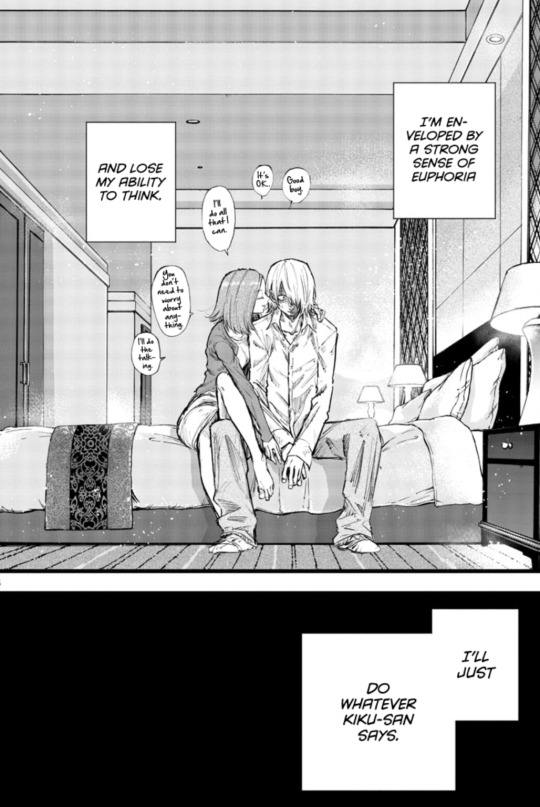
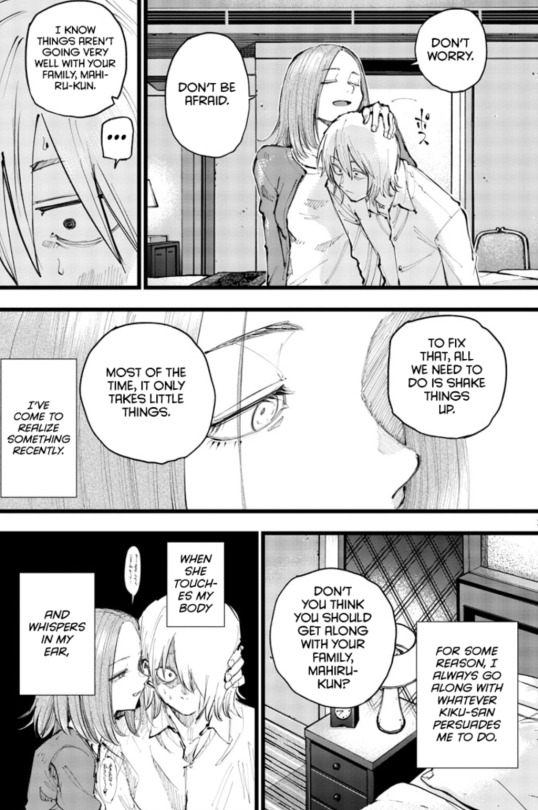
She rips him away from his mother, tramples all over her relationship with her son. She whispers sweet nothings into Mahiru's ear to stop him from doubting himself, to stop him from finding a way to exist on his own. She causes him to lash out, to disappear and deny the support and help of his friends. Because in the end, they don't matter to Mahiru. His past and trauma occupy a far greater space in his heart, a far more central piece to himself.
It's an incredible storyline that digs deep into the concept of love, motherly love, even. What children themselves desire of it to grow and become independent, and how parents can believe that a child is what makes them whole. That having someone to love that is yours will provide you with a sense of self and happiness.
And it's not just Kiku that we see in this volume in terms of mothers, we finally get to see Ko's own mother. A great move from a written perspective, it sets the stage for Ko to go through his own challenges in regards to parents, providing both parity and a dichotomy to Mahiru's experience. Where Mahiru is let loose by his own mother, Ko's appears to tighten the reigns.

And just to tie a neat knot on the concept of mothers, Azami's relationship with Kiku, and the subtitle of this post. The relationship between parent and child in Call of The Night is decidedly unique because they can also be considered "lovers" to some degree. It's very interesting in that sense because it blurs the lines between the typical behavior of each role and turns it into something incredibly fluid. Anyways, to the point. Azami burdens himself with the sins of his parent, Kiku. It's a very typical thing to do, and holds somewhat different meanings from both perspectives in Call of The Night. As Kiku's "lover", it's his duty to kill the woman that he's allowed to do what she has, and as her son, the burden of her sins falls to him. So, in one capacity he chooses to shoulder the burden, but in the other it's forced upon him. In a way, it shows that while Azami is undeniably Kiku's offspring, he chooses to accept the fact that he was at one point her lover (or at the minimum in love with her).

Now, onto the cool stuff! Kotoyama's art. Incredible, very much some incredible work. If you were to pick a concept to define this volume's approach, it'd be depth. So much of the layouts and character blocking aim to present a 3d perspective from a 2d plane, and it looks so insanely good.
Even just simple panels are approached in an incredibly unique way.
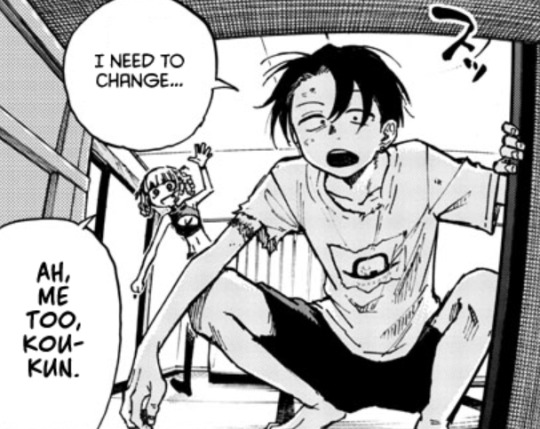
And then there's Kotoyama's penchant for perspective, which plays wonderfully with the effort placed in depicting depth in this volume.


All of these sequences just feel so alive. The character acting is really incredible in that sense. It feels like, rather than trying to depict a moment, we're given a snapshot of its flow. A picture taken as the characters move around and act out their story. It's a hard thing to really explain, but you can spot good character acting a mile away in manga.
And of course that character acting extends to the action. While it's not really choreography focused, you can undeniably feel the flow of the fights from Kotoyama's depiction of them. They most certainly focus on impact before movement, but it still reads so incredibly well.


Call of The Night isn't a dark horse with English audiences by any means, it's certainly not a flop or a niche title. But I'll be damned if it hasn't gotten near the attention and praise that it deserves. In terms of both action and romance series (as independent entries), Call of The Night completely trounces the average title out there, and ranks among the top series being published in English for each category. From start to finish, Kotayama doesn't waste a page, a panel, even a pen stroke through this volume, and delivers incredible work on a series that everyone (author included) doubted could go the distance.
#call of the night#yofukashi no uta#よふかしのうた#nazuna nanakusa#ko yamori#akira asai#anko uguisu#manga recommendation#manga reccs#manga review#anime and manga#manga#kiku hoshimi#mahiru seki#azami
20 notes
·
View notes
Text
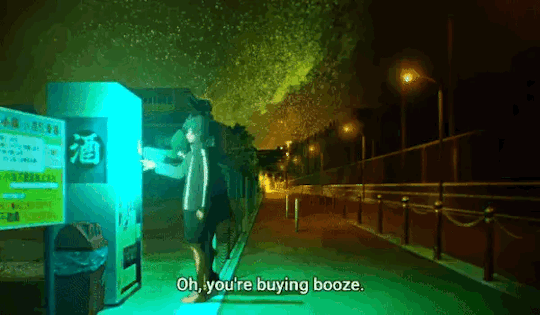

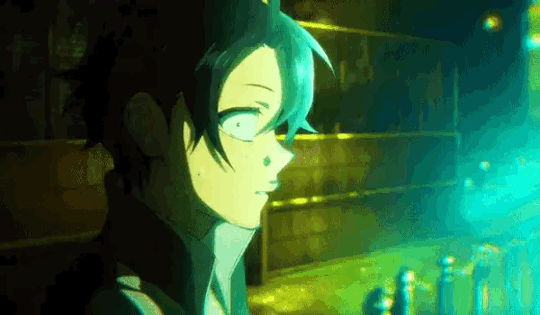

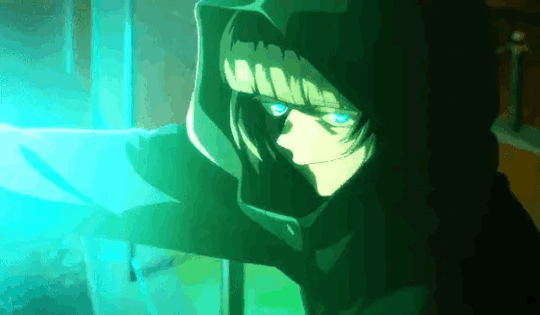
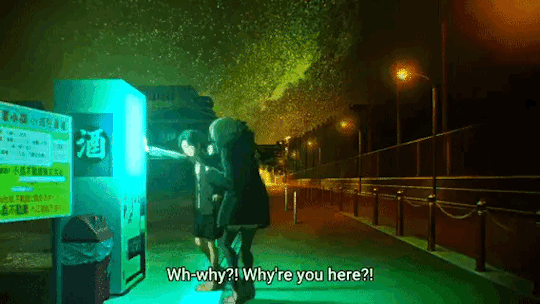
Episode 1 vs 13
#call of the night#yofukashi no uta#Nanakusa Nazuna#nazuna#nanakusa#nazuna nanakusa#ko yamori#ko#yamori#my post#me#anime#weeb#otaku
23 notes
·
View notes
Text
NAZUNA × YOFUKASHI NO UTA



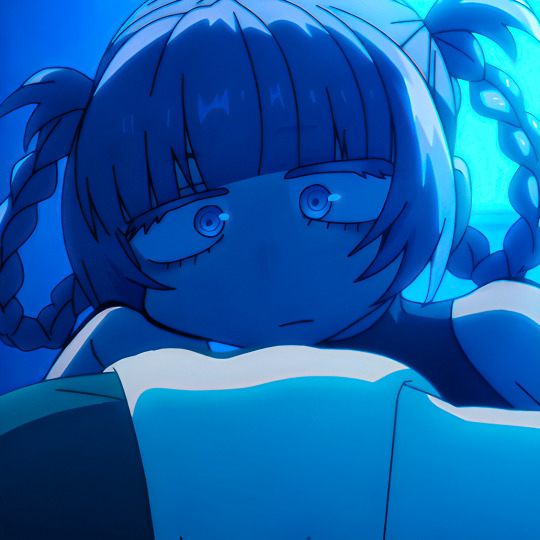


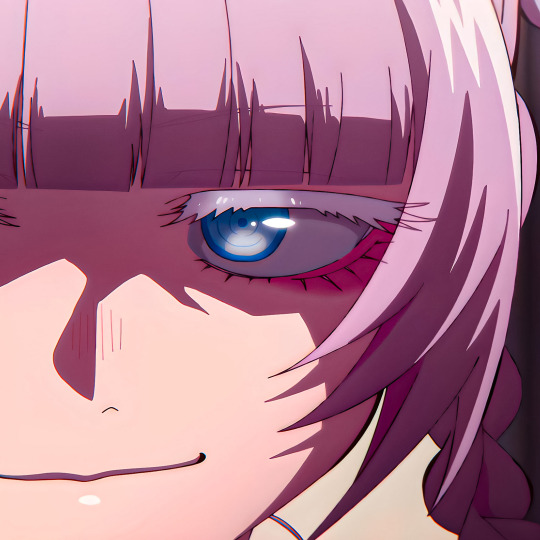
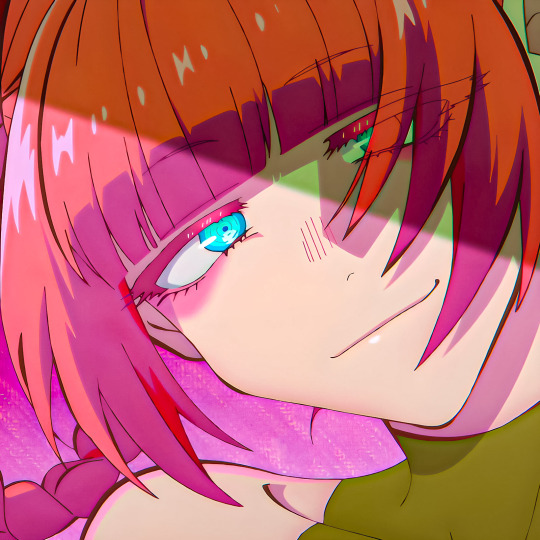
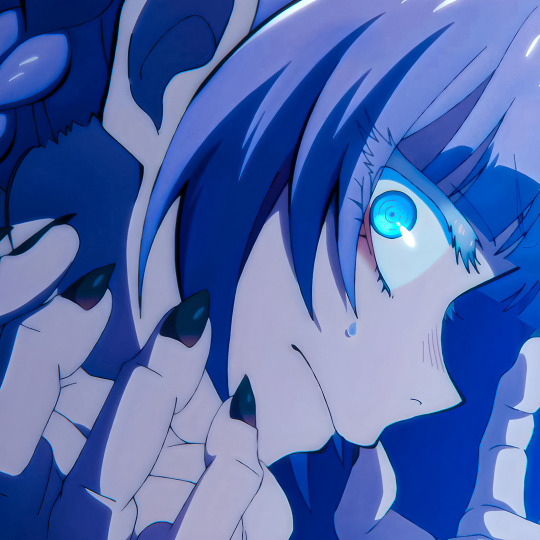

Não reposte sem os créditos/ use a vontade como pfp
#nazuna nanakusa#yofukashi no uta#call of the night#ko yamori#waifus#waifu#waifuskawaii#animes#anime girl#anime#anime wallpaper#icons girls#anime icon#random icons#icons#twitter icons#icons anime#screencaps#matching icons#animesbrasil#anime art
224 notes
·
View notes
Text
Notice the Color palette with Nazuna compared to Anko...

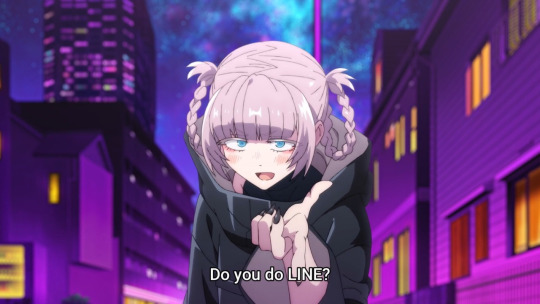




Anko represents reality Nazuna represents fantasy
#call of the night#song of the night walkers#yofukashi no uta#ko yamori#nazuna nanakusa#uguisu anko#analysis#lol#good anime#wtf#funny as hell#good manga#dank#anime memes
106 notes
·
View notes
Text
Nazuna & Ko at the beach | Colored by me.
Chapter 196.
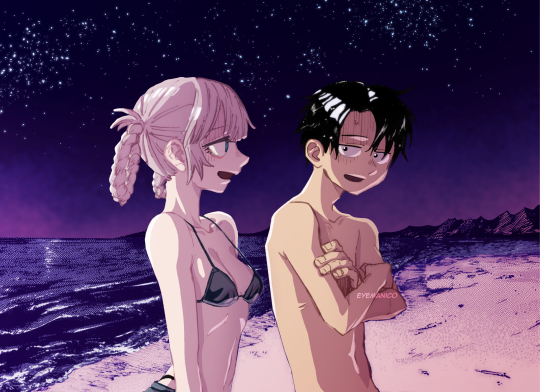
#digital art#fanart#yofukashi no uta#call of the night#nazuna nanakusa#ko yamori#manga art#manga coloring
6 notes
·
View notes
Text

Source: Call of The Night [2022]
28 notes
·
View notes
Text



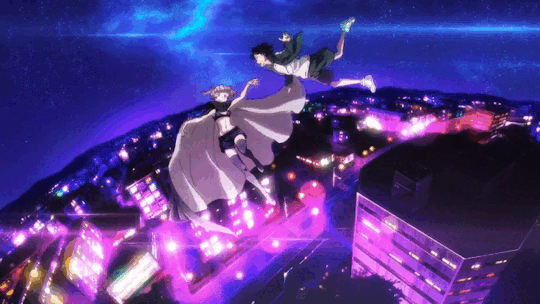

Yofukashi no Uta (2022)
6 notes
·
View notes
Text


Call Of The Night
Kotoyama
#call of the night#yofukashi no uta#kotoyama#manga#mangacap#shounen#shonen#romance#comedy#romcom#action#supernatural#vampire#love#nazuna nanakusa#ko yamori#monochrome
8 notes
·
View notes
Photo

285 notes
·
View notes
Text
Anko Uguisu’s Past (Call of the Night) - Finding Peace in the Night

Shonen Sunday titles have gotten a lot of popularity over the past few years and one of its stand-out titles is Kotoyama’s Call of the Night, a comedy-drama anime/manga about what it’s like to possibly fall in love with a vampire. I’ve gotten to appreciate the various storylines and characters in a setting I’m fond of - nighttime in a modern urban environment with fantasy elements.
I talked about one short storyline in a previous post about Call of the Night and this time, I want to talk about one of its most important characters, Anko Uguisu, a private detective who has a desire to take out all vampires. Mostly because of how her past trauma caused her to focus so much on one thing to the point that it robbed her of life.
Spoilers for later volumes of the manga after the jump.
Anko first appears in front of Ko Yamori, the protagonist, warning him about vampires after she learns about his association with Nazuna Nanakusa, a vampire that Ko grows fond of after she sucked his blood one time. Anko would become a looming presence throughout the series as she’s learned a trick or two to easily kill vampires. Readers later find out that Anko knew Nazuna a decade prior to the start of the series as she was once known as Kyoko Mejiro, a high school student who had a fondness for literature. Kyoko and Nazuna met at high school and it felt like love at first sight for Kyoko. She once wanted Nazuna to turn her into a vampire. It didn’t happen, but the two remained friends until Kyoko’s father suddenly was revealed to be a vampire during her birthday celebration. Kyoko was forced to kill her father in an act of self-defense. What makes things worse was that Kyoko’s mother was also killed by the father due to his vampiric urges. Nazuna witnesses the aftermath and Kyoko tells her that she hates all vampires now. Kyoko’s new identity, Anko Uguisu, was born after that incident.
Things come to a head in the present when Anko launches a grand attempt to out vampires to the public during a Halloween parade. She would attack notable vampires in an attempt to get Nazuna’s attention. Nazuna and Anko do confront one each other and the former is driven to kill her until Ko comes in at the last moment to stop them. He reveals that Anko wanted to die at Nazuna’s hands, so that her death would lead to a huge investigation of her past (including her father’s death) and evidence pointing to the existence of vampires.
After the failure of her plan, Anko plans to shoot herself in the head after realizing what little she has left. Ko saves Anko in the last minute before she pulls the trigger. This wasn’t her first suicide attempt as she put a gun to her head before Halloween. She reconsidered after remembering her motivation to kill all vampires.
That motivation to live despite wanting to die is what I want to talk about. There’s many people who still struggle with suicidal ideation even after they have reasons to live. I myself sometimes find life to be unbearable. Like Anko, I don’t know why I’m still here and darkly joke about it. Anko would later talk to Ko after her suicide attempt about her reason to live.
“I’ve lived every day of the past decade with only one goal in mind - killing vampires. My anger at the monster who killed my parents was my driving force. By directing that anger in vampires in general, I was able to keep going. Last night...I stopped being angry.”
“I’ve wanted to die for so long...My anger gave me a reason to live. But for some time now, I’ve been lying to myself.”
Anko would later say that Ko shouldn’t become like her as she hasn’t done anything meaningful in life since her parents’ death. Ko realizes that Anko was trying to save him in some way since he’s head-deep into the world of vampires - a world full of potential trauma due to their violent nature.
I can relate to Anko’s feelings because I get it. I sometimes felt that I haven’t accomplished anything significant in life according to modern standards. I’ve been driven by insecurities I struggle with today. I don’t want people to become like me. Those who get caught up in the comparison game know this first-hand.
At the same time, some people I know view things differently. They tell me that I know how to be properly emotional, courageous and vulnerable at the right times to connect with people. Maybe those aren’t things that are click-worthy, but I know the world doesn’t promote intimacy the way I value it.
Also, being angry is warranted. There’s so much injustice in the world. It’s just easily to get so caught up in anger to the point of being the sole emotion driving you. For some of us, there’s probably things we’re still angry about in the past that affect us today. What makes anger scary is that it’s a drive that can leave you wanting for absolute resolution of everything that’s pissed you off at the cost of your own well-being. After reading what Anko said about her experiences, we have no good, productive and nuanced outlets in processing and talking about anger at all.
There’s something Ko says after saving Anko. He was talking to one of Nazuna’s vampire friends, Niko Hirata, and wonders if he did the right thing in saving her from suicide. Ko ponders the question over whether he has any right to tell a person what to do with their life after they went through something harsh. This is a hard question to answer, but I do know that people need comfort from other people. If they get the validation and compassion they truly need, then it’s okay to give them some life pointers.
Anko finally becomes a “normal human being” (in her own words) thanks to Ko, but she has lingering regrets about how her life has turned out. Anko’s development does tie into a bigger theme I noticed about Call of the Night - people being afraid of the night. A bunch of bad things do happen in nighttime hours and there are times where stray thoughts will arise, but there’s also moments of much-needed solitude that can be found after dark. Daytime hours often feel like a sprint without self-reflection.
Quiet nights are great. But every once in a while (and especially when you’re at your worst), it’s even better to have someone at your side who doesn’t mind sitting in the darkness with you.
#Anko Uguisu#Kyoko Mejiro#manga#Call of the Night#mental health#suicide#Ko Yamori#living#Nazuna Nanakusa
10 notes
·
View notes